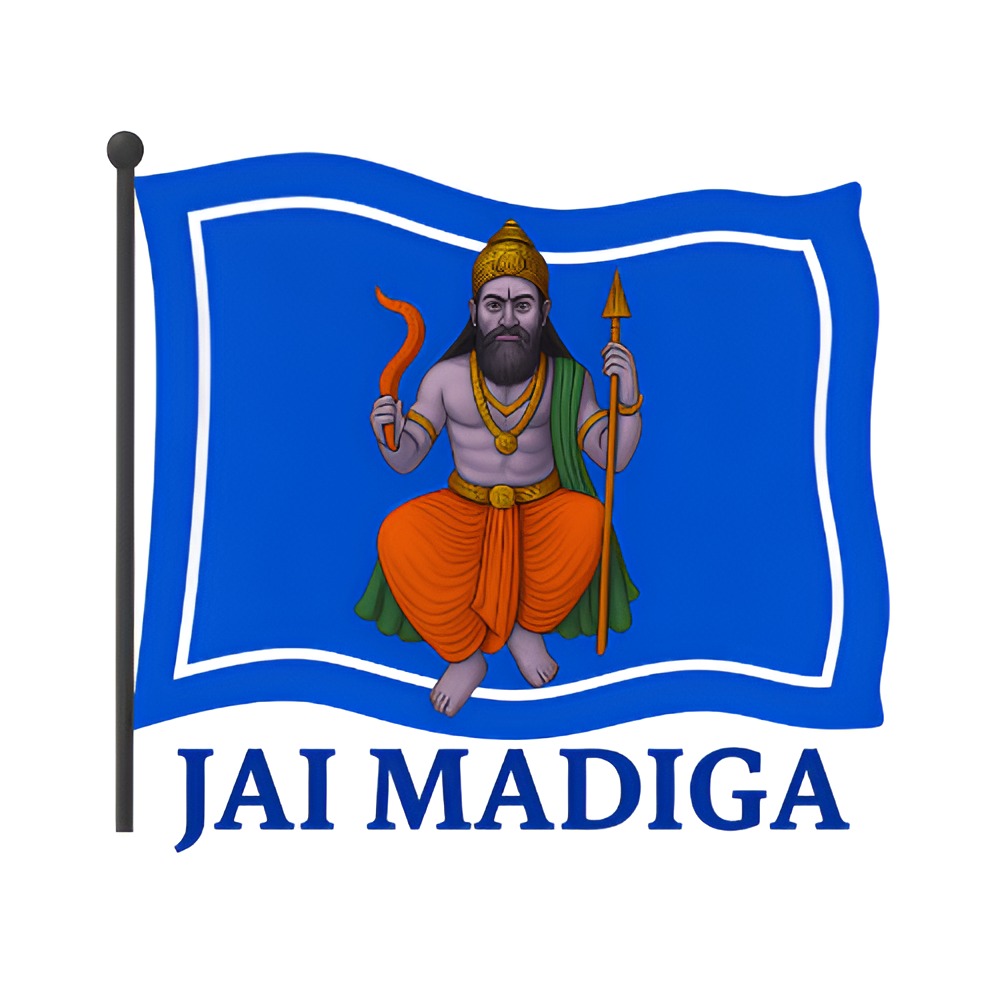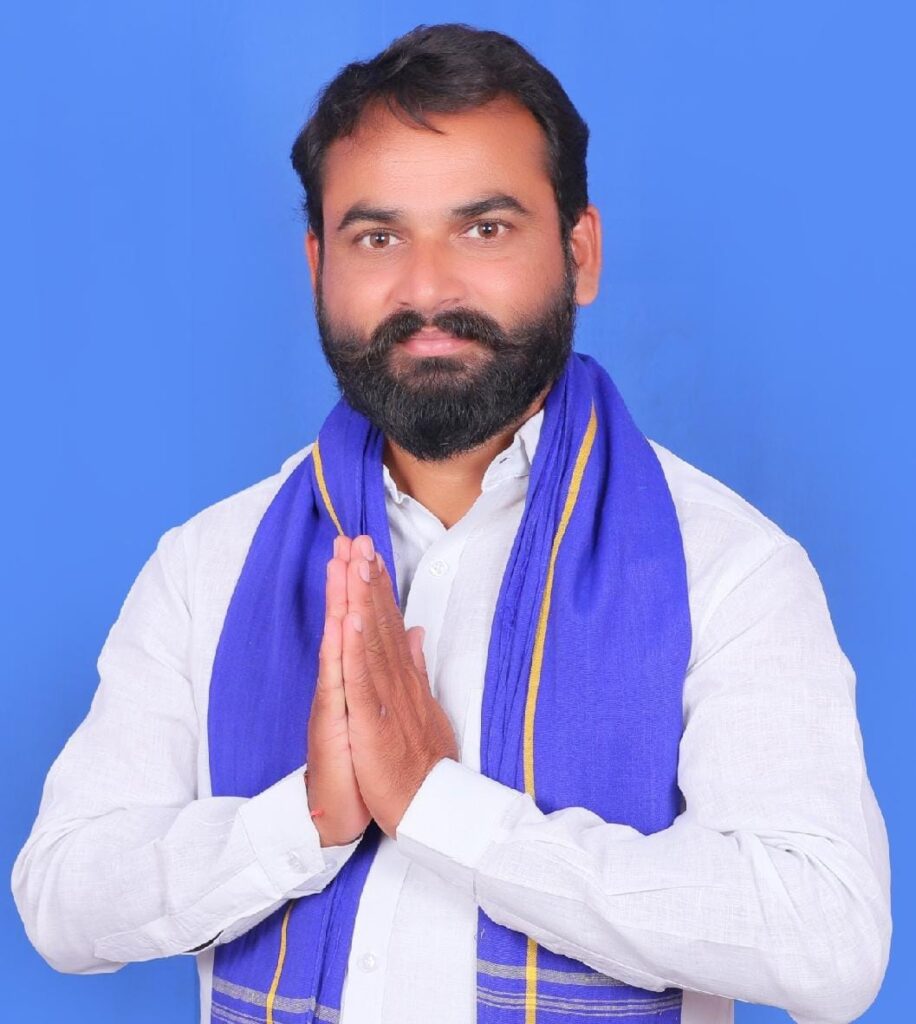
Meet Our Founder
Ayuloni Balanna
My salutations to the Madiga community. I am Ayuloni Balakrishna, son of Late Mallaiah, born on 14/08/1984, a graduate from Kakatiya University.
For the past 20 years, I have been working tirelessly for the upliftment of our community. Inspired by the great leaders Dr. J.B. Raju Garu, Manda Krishna Madiga Garu, and Visharadhan Maharaju Garu, I continue to strive for progress and recognition of our Madiga elders.
Our History
The Madiga community holds a proud history of resilience, unity, and struggle. Guided by elders and inspired leaders, we continue our journey of empowerment, education, and leadership for collective progress.
The Madiga community holds a proud history of resilience, unity, and inspiration. Guided by elders, spiritual leaders, and heroic figures, we continue our journey of empowerment, education, and leadership for collective progress. From ancient times to modern movements, our heritage reflects courage, wisdom, and cultural pride.
The Jamba Puranas explain the origin of creation through the divine power of Jambavudu, who is portrayed as the primordial being — the source of all living and non-living existence. These texts honor the dignity of labor and the creative spirit of working communities. According to tradition, Vishwakarma, the five-faced divine architect, was created parallel to Chaturmukha Brahma, and Jambavudu granted him the tools of creation after the death of his son Yugamuni, from whose body Dakkali Balakudu was born, symbolizing rebirth. Another legend narrates how Mala Chennaiah and Jambavudu shared the flesh of Kamadhenu, representing unity between the Mala and Madiga communities. The sacred offering of milk, curd, butter, buttermilk, and meat signifies that meat consumption is not sinful, as reflected in Jayadheer Tirumala Rao’s verse affirming equality, dignity, and shared humanity among all.
While Brahminical scriptures mention only four Yugas — Krita, Treta, Dvapara, and Kali — the Jamba Puranas speak of eighteen Yugas, beginning from Ananta to Tamarasa. Among all, the Chindu Jambava Purana clearly explains the reason: The dominance of Aryan Brahmins began only from the Krita Yuga, erasing the history of Jambava lineage that ruled for fourteen Yugas prior to that. Hence, the contraction of human evolution into four Yugas was a deliberate act to suppress indigenous history. The Chindu Jamba Purana thus serves as a counter-history — a reconstruction of native civilization.
The Chindu Jambava Purana also describes the relationships between the Jambavas and other working castes — particularly the Gollas (herdsmen) and Goudas (toddy-tappers). It highlights deep social and ritual similarities among them — shared customs, marriage and funeral practices — suggesting a strong bond between these communities. As Tangella Kishan Rao and Gaddam Mohan Rao (2015) note, Gollas were traditionally milk providers to the Madigas, and neither group conducted life-cycle rituals without the other’s participation (p. 133).
The Madiga community traces its mythological lineage to Jambavantha and Arundhati, celebrated in the Jamba Purana. Historically, figures like Chavam Singh built alliances with rulers such as Bappa Rawal, reflecting strategic collaboration and influence. Spiritual debates, like those involving Ravidas and Mulla Sagar Fakir, highlight our community’s early engagement with wisdom and interfaith respect.
During this period, communities across India experienced shifts in governance and social structures. Leaders and reformers began advocating for justice, equality, and awareness, laying the foundation for later social empowerment. Historical records from rulers like Sikandar Lodi and interactions with regional leaders demonstrate the evolving societal role of communities like ours.
The Mahar Regiment is an esteemed infantry regiment of the Indian Army, established on October 1, 1941. Originally intended to be composed of troops from the Mahar community of Maharashtra, it has evolved into a diverse regiment representing various communities across India. The regiment's motto, "Yash Sidhi" (Success & Attainment), and its war cry, "Bolo Hindustan Ki Jai" (Say Victory to India), reflect its commitment to national pride and unity. Throughout its history, the Mahar Regiment has demonstrated exceptional courage and dedication, earning numerous accolades, including the Param Vir Chakra and Ashok Chakra. Its personnel have served with distinction in various operations, contributing significantly to the defense and security of the nation.
The Madiga community’s identity strengthened through social movements, education, and mobilization. The Chamar Regiment, created on 1st March 1943, exemplified courage and patriotism during World War II, with leaders like Mohan Lal Kuri standing against colonial plans to safeguard Indian interests. Post-independence, Mohan Lal Kuri’s release in 1997 marked recognition of this valor.
Community leaders and spiritual figures continued to inspire progress. Visionaries guided people through education, cultural preservation, and collective empowerment. Events like Islamic speakers visiting community gatherings, interfaith dialogues, and historical awareness programs strengthened unity and cultural pride.
Organizations such as Dakshina Bharatha Adijambhava/Arundathiya Samakhya and other community associations helped consolidate the Madiga voice, ensuring cultural, social, and political recognition. Movements emphasized identity, heritage, and empowerment, ensuring our traditions and stories continue to inspire younger generations.
Our Inspirations & Role Models
Our work is inspired by leaders who paved the way for social justice and empowerment:
Dr. B.R. Ambedkar
Architect of India’s Constitution, Dr. Ambedkar championed Dalit rights, equality, social justice, and empowerment, inspiring generations to fight discrimination and build an inclusive society.
- Cultivation of mind should be the ultimate aim of human existence.
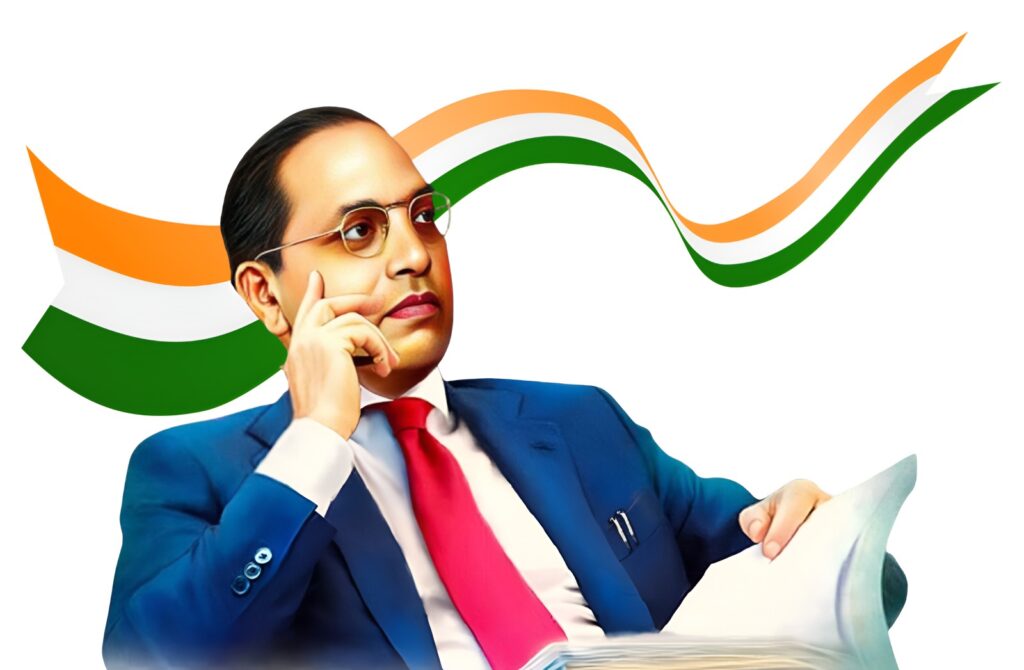
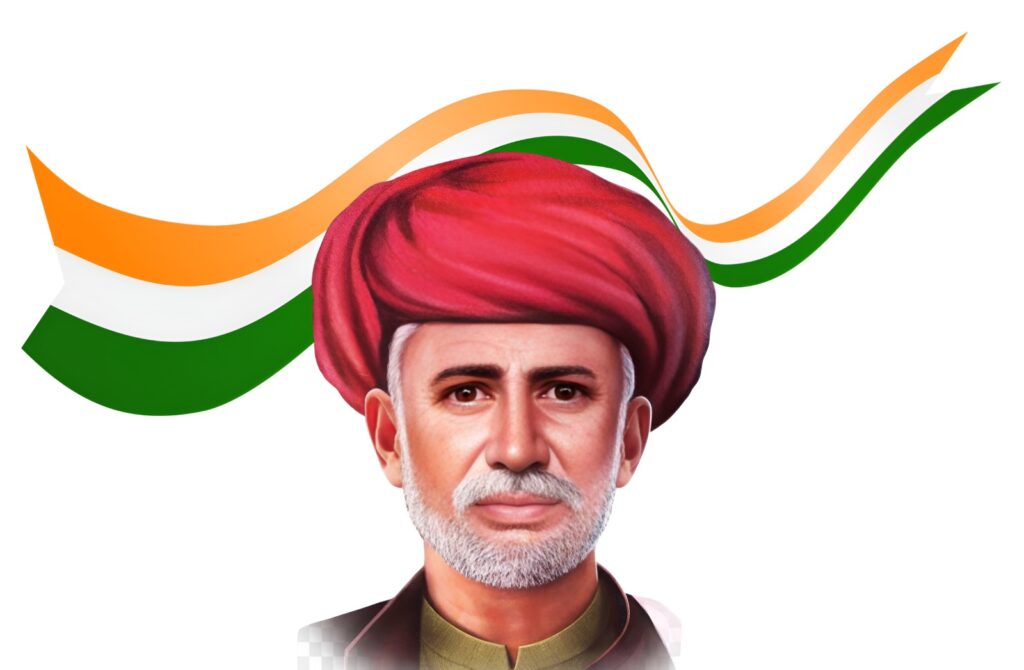
Jyotirao Phule
Social reformer Jyotirao Phule fought caste oppression, promoted education for women and marginalized communities, and worked to eradicate social inequalities through awareness and progressive initiatives.
- Educate, agitate, and organize for social justice.
Savitribai Phule
Pioneer of women’s education, Savitribai Phule advocated equality for marginalized groups, established schools, and dedicated her life to social reform and upliftment of oppressed communities.
- To educate a woman is to educate the entire family.
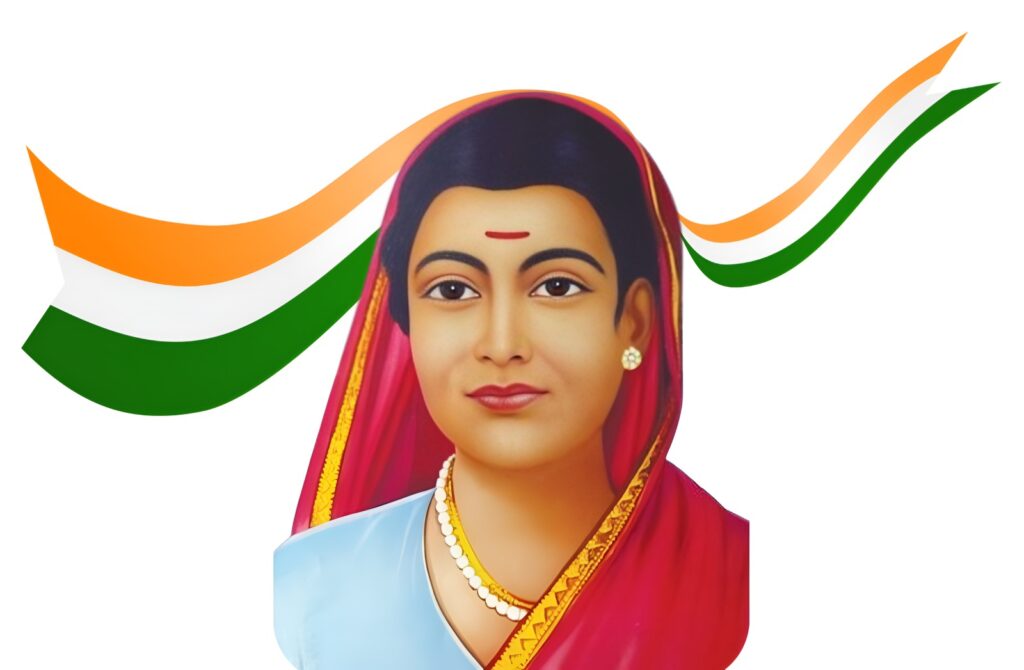
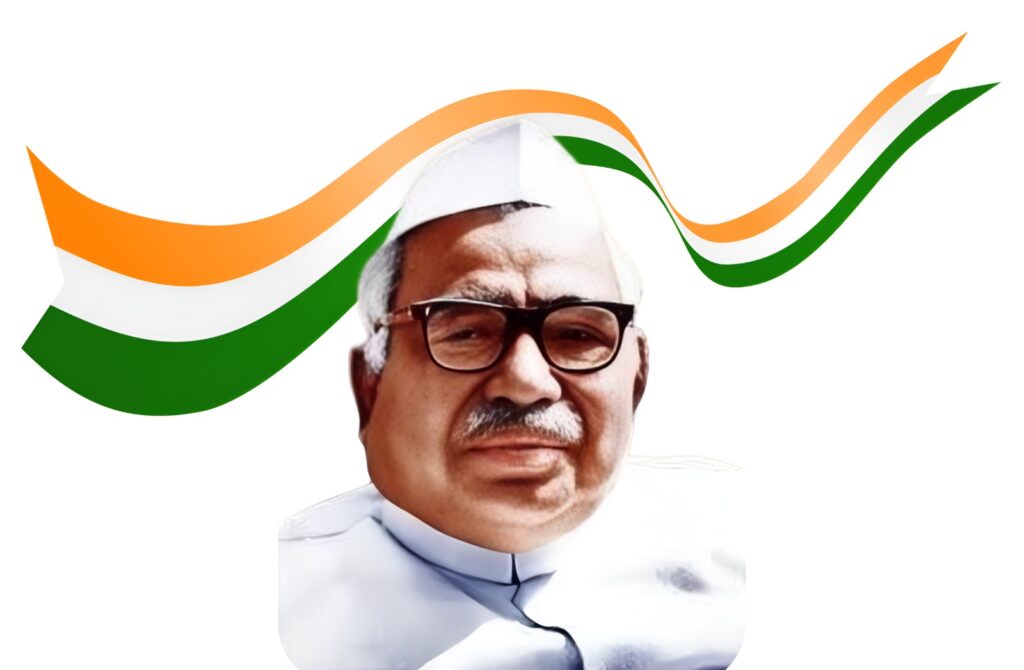
Babu Jagjivan Ram
Freedom fighter and reformer Babu Jagjivan Ram tirelessly worked for Dalit empowerment, political representation, and the social upliftment of marginalized communities across India.
- Without equality and justice, freedom remains incomplete.
Periyar E.V. Ramasamy
Social activist and anti-caste reformer Periyar promoted rationalism, self-respect, equality, and the eradication of caste discrimination, inspiring social justice movements throughout India.
- Do not accept injustice quietly; question it, fight it, and change society.
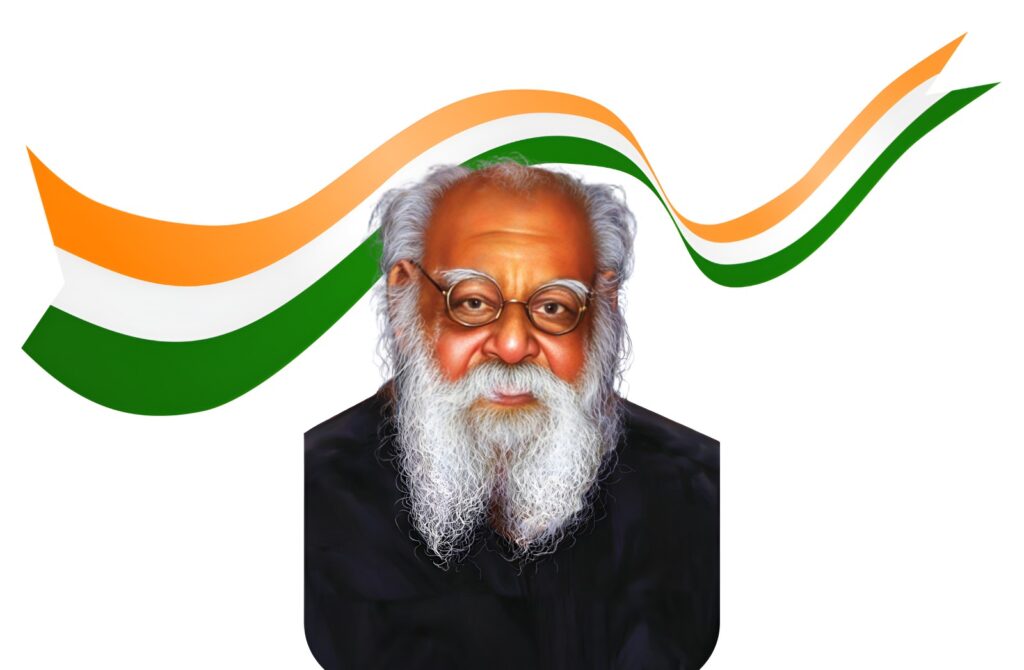
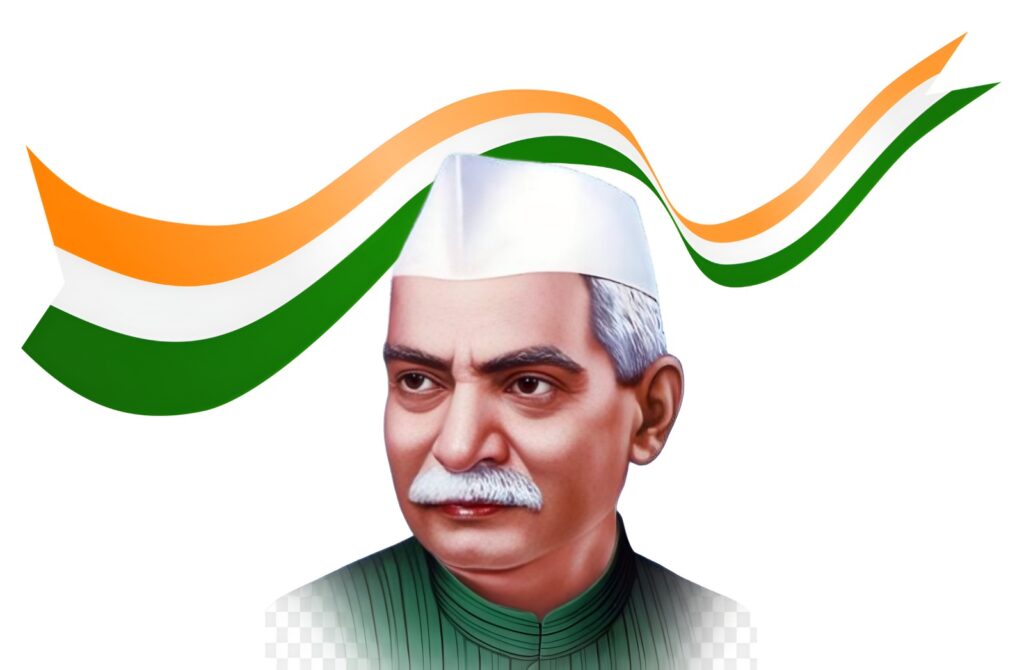
Dr. Babu Rajendra Prasad
First President of India, visionary leader, and education advocate. He emphasized discipline, unity, and service, inspiring citizens and communities to work together for social upliftment and national progress.
- Education and discipline are the pillars of a prosperous society.
Sant Ravidas
Renowned saint, poet, and social reformer of the Bhakti movement. He championed equality, devotion, and social justice, inspiring generations to reject caste discrimination and embrace love, compassion, and human dignity.
- Spiritual devotion and social equality are the pillars of a harmonious society.
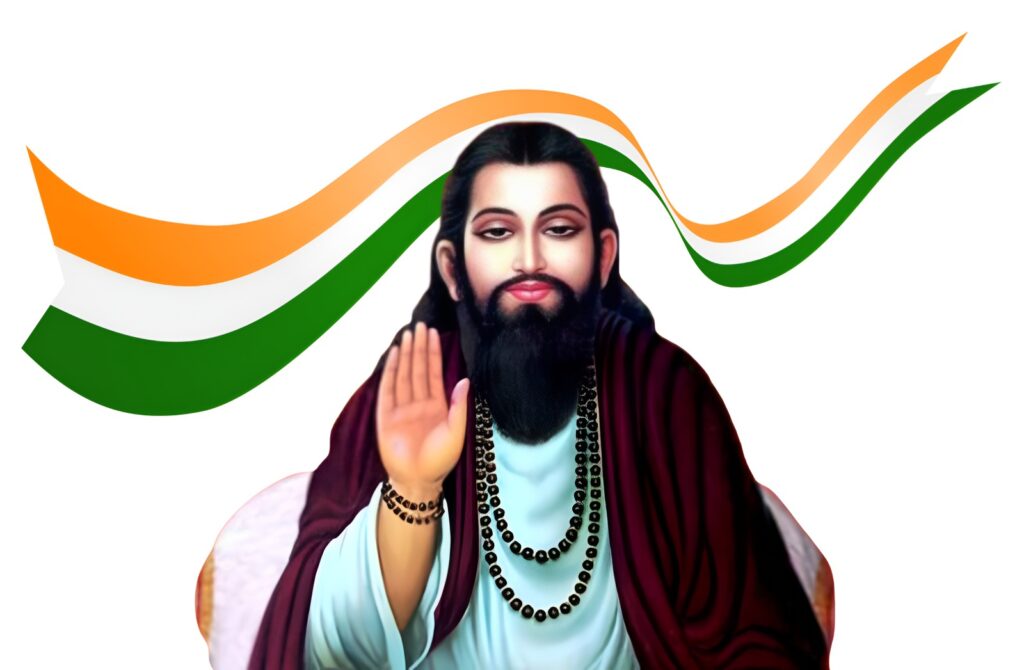
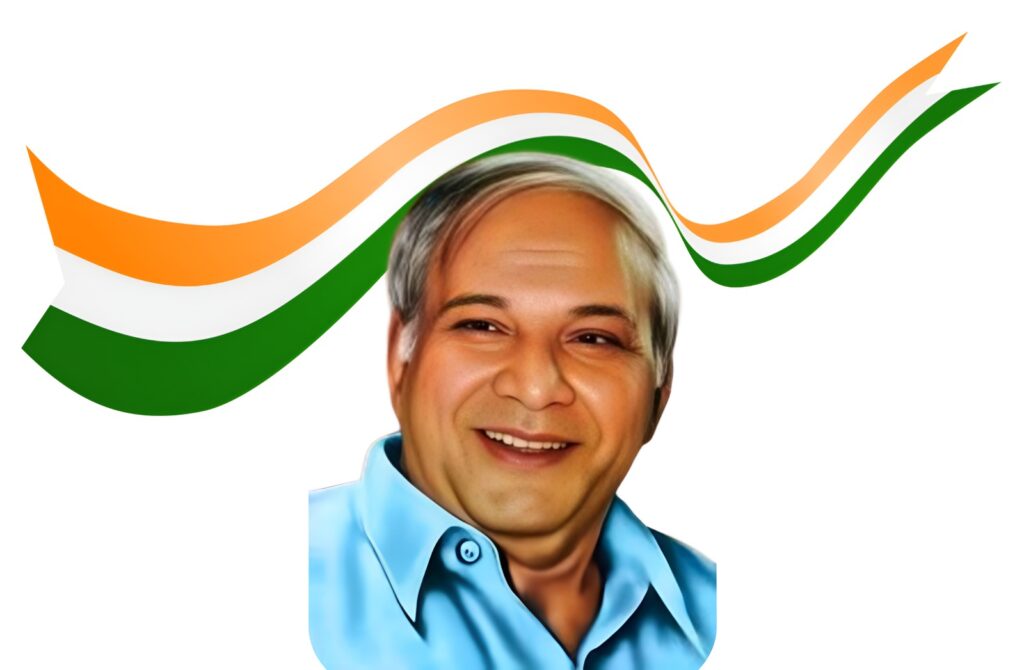
Kanshi Ram
Social reformer Kanshi Ram dedicated his life to uplifting marginalized communities, especially Dalits, through political empowerment, social awareness, and education. He founded the Bahujan Samaj Party (BSP) to fight caste discrimination and promote equality, striving for a society where justice and dignity prevail for all.
- Educate, empower, and mobilize for social equality.
Connecting Communities, Building Stronger Futures Together
We have established a strong network of associations to unite the Madiga community, support members, and foster leadership:

Madiga Kula Vidhyarthi Sangham (MKVS) – Students & education
Supports students through education, scholarships, mentoring, awareness, leadership, and academic empowerment initiatives.

Madiga Kula Mahila Sangham – Women empowerment
Empowers women with education, leadership, skills, independence, equality, and active community participation.

Madiga Kula Yuvajana Sangham – Youth leadership
Inspires youth towards leadership, unity, creativity, social awareness, activism, and responsibility.

Madiga Kula Raithu – Farmer support
Strengthens farmers with resources, training, awareness, sustainability, and collective empowerment programs.
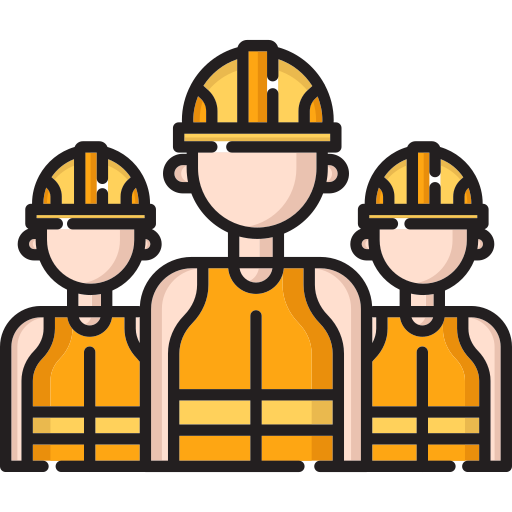
Madiga Kula Karmika & Karshaka – Labor & workforce initiatives
Supports laborers through unity, welfare, awareness, rights protection, and sustainable workforce empowerment.

Madiga Kula Employees – Professional support
Builds professional networks, empowers members, supports welfare, representation, and knowledge sharing opportunities.
Connecting Communities, Building Stronger Futures Together
Your Contribution Can Transform Lives
Every rupee you donate goes directly towards education, empowerment, welfare, and leadership programs for the Madiga community. Your support helps us:
Provide scholarships to students
Empower women and youth
Support farmers and laborers
Organize social awareness campaigns
Be the Change You Want to See in the Community
The Madiga kula Peddala Sangam Organization invites you to join hands in building a stronger community. As a volunteer, you will
- Organize awareness programs and events
- Mentor youth and students
- Empower women and farmers
- Support welfare and cultural initiatives

Together We Rise, Stronger in Unity
United by history, empowered by leaders, and driven by community strength, we work collectively for equality, education, empowerment, and progress. Together, we envision a brighter future for all.
